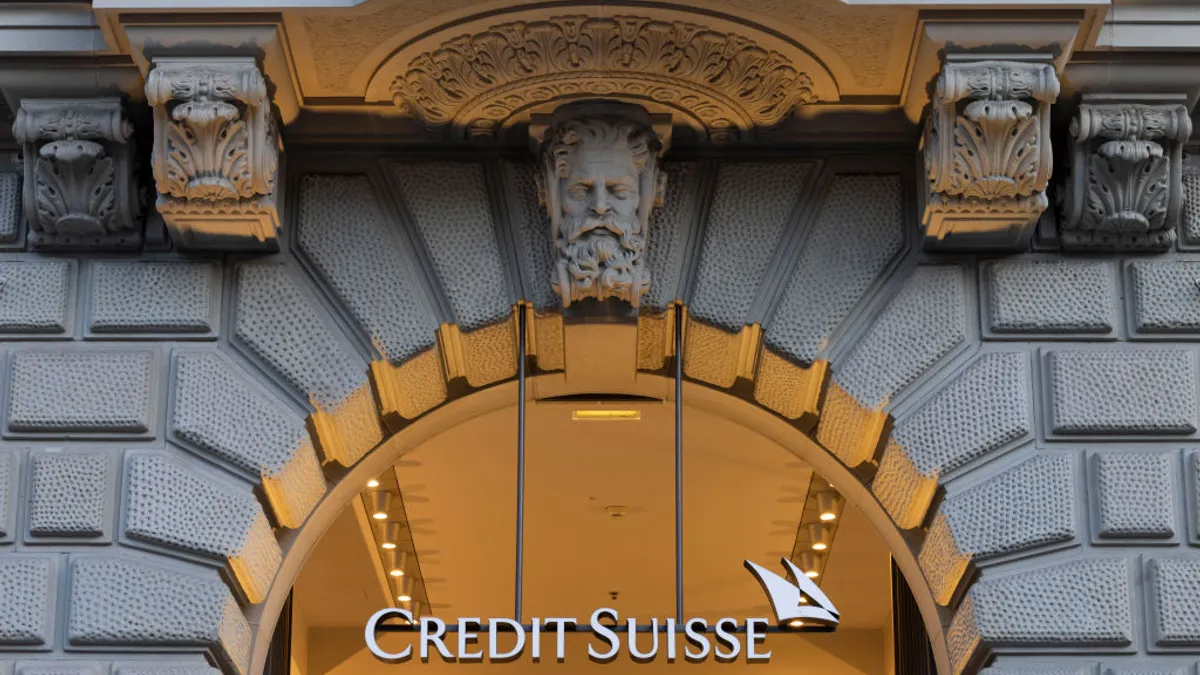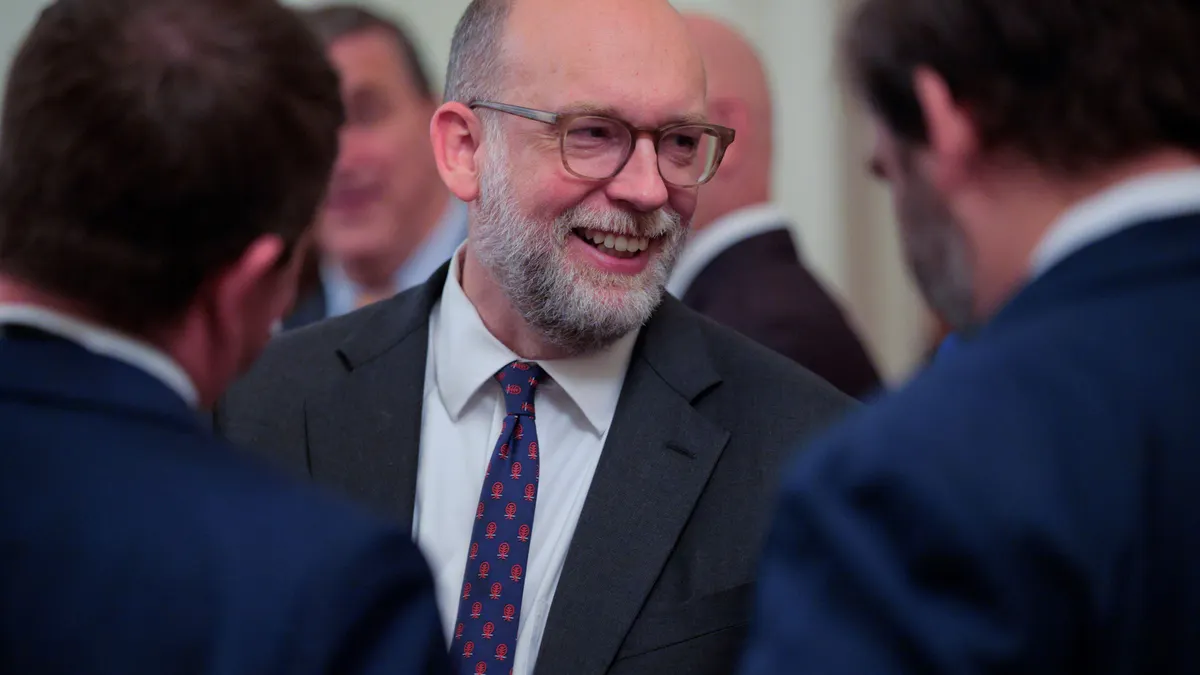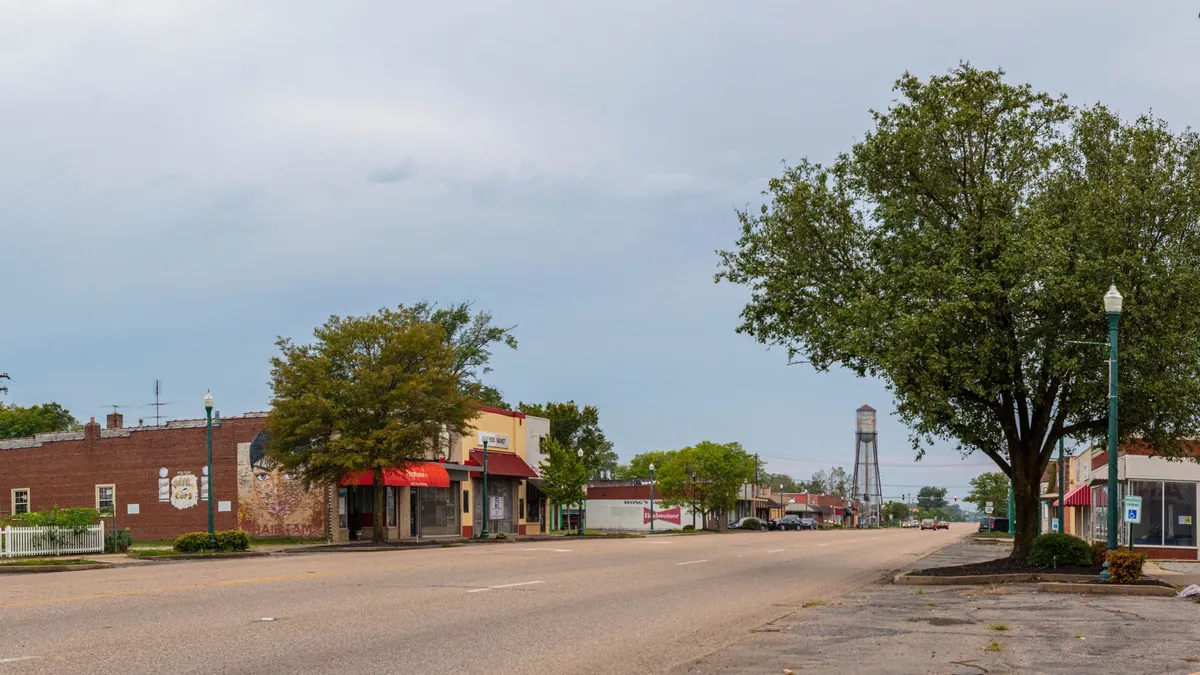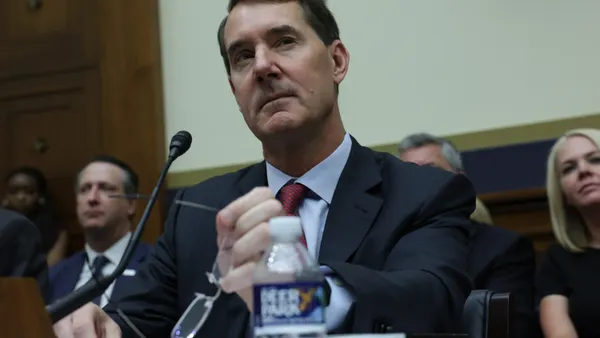A Senate Budget Committee investigation has revealed Swiss lender Credit Suisse had more Nazi-linked accounts than previously known and obscured such information in the past.
An investigation into Credit Suisse’s World War II-era accounts, led by committee Chairman Sheldon Whitehouse, D-R.I., and ranking member Chuck Grassley, R-IA, brought to light tens of thousands of documents that show “extensive” evidence of previously undisclosed Nazi-linked accounts at Credit Suisse, according to a committee news release Saturday.
The bank, now owned by UBS, engaged in a “pattern of obstruction” by not fully disclosing such information during past investigations, the committee said.
In reviewing Credit Suisse’s private archives, Neil Barofsky, the independent ombudsman overseeing the investigation, and his team have made “significant discoveries” and “identified previously undiscovered banking relationships” at Credit Suisse and its predecessor banks, he wrote in a Dec. 17 letter to Grassley and Whitehouse.
That includes “scores of individuals and legal entities connected to Nazi atrocities,” Barofsky, a partner at law firm Jenner & Block, wrote in the interim update to the committee. “The Investigation has also identified accounts for several hundred alleged Nazi intermediaries who helped Nazis to hide gold, camouflage illicit transactions to purchase war materials, loot Jewish assets, including through the aryanization of Jewish businesses, and generally support the Nazi war economy.”
After concerns were raised by Jewish human rights organization the Simon Wiesenthal Center, Credit Suisse hired Barofsky in 2021 to probe its history of Nazi links; the bank then fired him in 2022, after “unsuccessfully pressuring” Barofsky to “limit his investigation,” the Senate Budget Committee release said.
Barofsky was reinstated in 2023 – after UBS completed its acquisition of Credit Suisse – as a result of the Senate committee’s investigation. Barofsky’s probe continues and a final report is expected in 2026, the release said.
The committee’s goal “was to ‘leave no stone unturned’ in pursuit of justice for those wronged by Nazi atrocities,” Grassley said in the release. “Our investigation has dug up more than just stones – we’ve found boulders. Credit Suisse hid additional evidence of Nazi ties for years, and even tried to conceal information from our congressional investigation.”
Grassley noted “the newfound cooperation of Credit Suisse, under UBS’s leadership,” in the effort “to set the historical record straight.”
The investigation has uncovered a large quantity of files from the “Inf Department,” a research department at the bank that stored client identification information. The files – of which 3,600 will undergo further review – reveal a “high relevance rate” of Nazi ties, Barofsky said. Some client documents were stamped with the German term “Amerikanische schwarze Liste,” or “American Black List,” which was used by the Allies to identify entities that were financed by or traded with Axis powers, he wrote.
Credit Suisse, during past outside investigations, wasn’t always forthcoming with information, Barofsky has found; the bank only shared information specifically requested or left some information out of reports it produced, including documentation of a bank relationship with a Nazi Schutzstaffel (SS) officer.
The current investigation has also uncovered a bank connection to ratlines, which enabled Nazi war criminals to escape and evade justice post-World War II. To date, the probe has found Credit Suisse accounts for some three dozen people connected to ratlines, Barofsky’s letter said.
A UBS spokesperson said the bank is “committed to contributing to a fulsome accounting of Nazi-linked legacy accounts previously held at predecessor banks of Credit Suisse.”
“Since UBS acquired Credit Suisse in June 2023, we have made it a priority to ensure that the review is thorough and comprehensive and have re-engaged Neil Barofsky as Independent Ombudsman accordingly,” the spokesperson said in an email Monday. “We are providing all necessary assistance to facilitate his work to continue to shed more light on this tragic period in history through the review conducted.”














